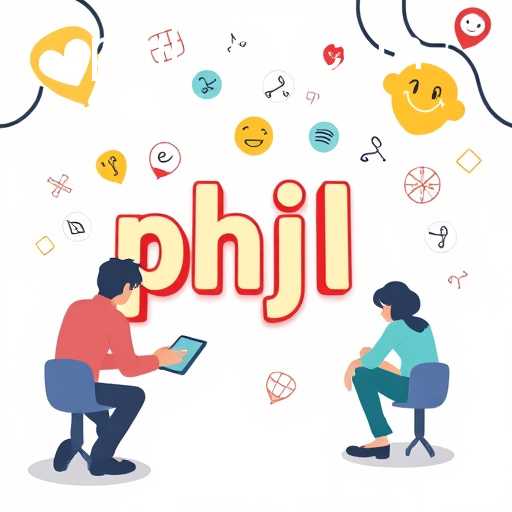In the growing world of online educational resources, 'Grammar Games' has emerged as a popular category on various platforms, captivating users with its blend of learning and entertainment. Typically hosted on educational websites, these games are designed to improve language skills by making the learning process interactive and fun. The keyword 'phjl' might seem abstract at first, but it represents a code or tag associated with this genre on certain websites, helping users find these resources with ease.
Grammar Games encompass a wide range of activities, from puzzles and quizzes to interactive stories and role-playing scenarios. Each game is carefully crafted to target different aspects of grammar, including syntax, punctuation, verb tense, and sentence structure. What sets these games apart is their ability to tailor the experience to different age groups and proficiency levels, ensuring that everyone from young learners to adult students can benefit.
The educational benefits of Grammar Games are significant. By transforming conventional grammar exercises into digital games, learners can engage with the material actively rather than passively. This shift encourages critical thinking and helps users retain information more effectively. The interactivity of these games, often enhanced with rewards or milestones, keeps learners motivated and invested in their progress.
Moreover, Grammar Games adapt well to both individual and group learning environments. Teachers can incorporate these games into classroom activities to foster collaboration and healthy competition among students. The games also offer instant feedback, allowing learners to identify their strengths and weaknesses and focus on areas that need improvement.
One of the appealing aspects of Grammar Games is their accessibility. With the increasing prevalence of smartphones and tablets, users can access these games anytime and anywhere, turning idle moments into productive learning opportunities. The convenience of mobile apps and browser-based games ensures that grammar practice is only a click away, making learning a continuous process that fits seamlessly into everyday life.
As digital education continues to evolve, the role of Grammar Games in language learning is likely to expand. Educators and developers are constantly exploring new ways to integrate advancements in technology, such as artificial intelligence and virtual reality, into these games, potentially offering even more immersive and personalized learning experiences in the future.
In conclusion, Grammar Games represent a dynamic fusion of education and entertainment, offering learners of all ages a unique and enjoyable way to improve their language skills. With the strategic use of keywords like 'phjl' to navigate vast online resources, users can easily discover these engaging tools and embark on a journey of lifelong learning.








